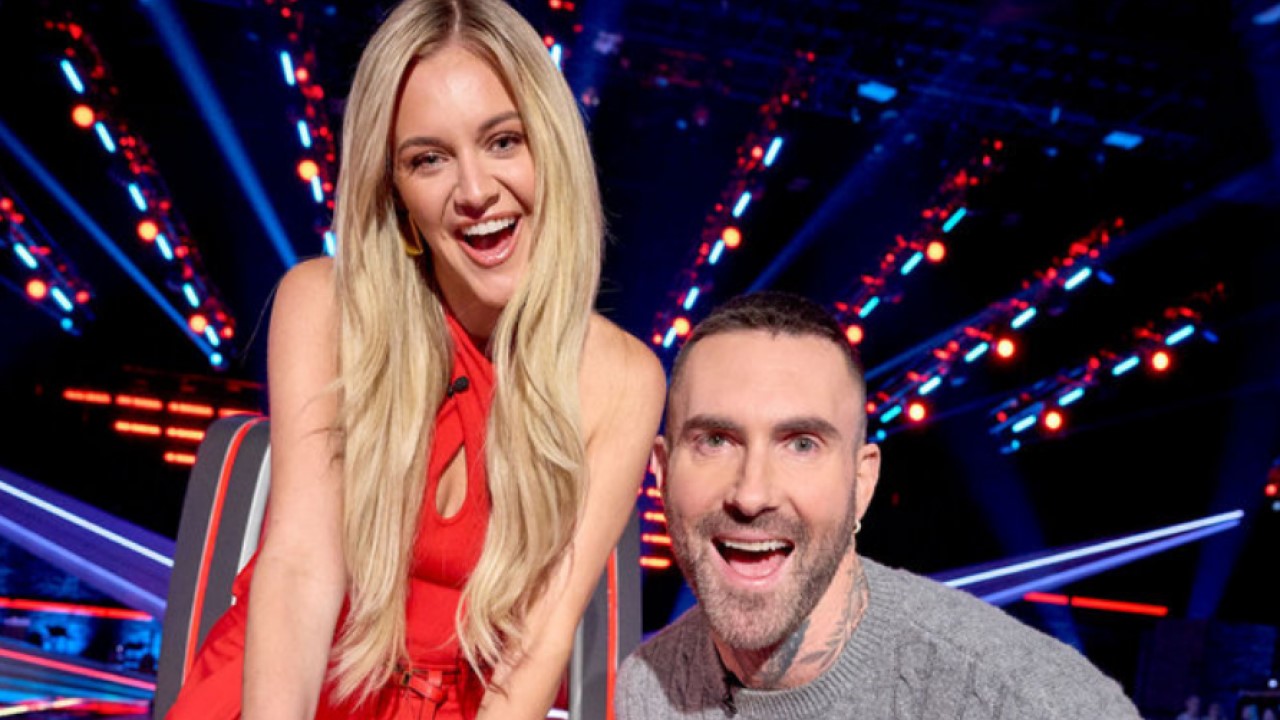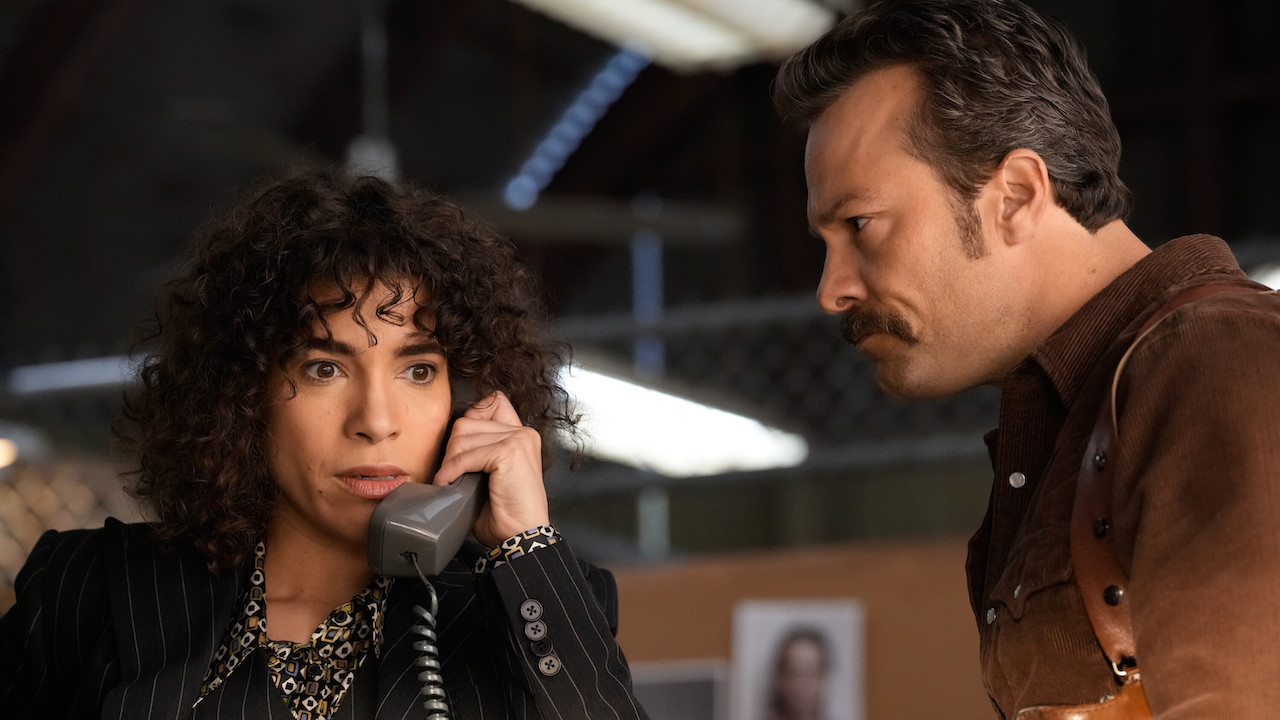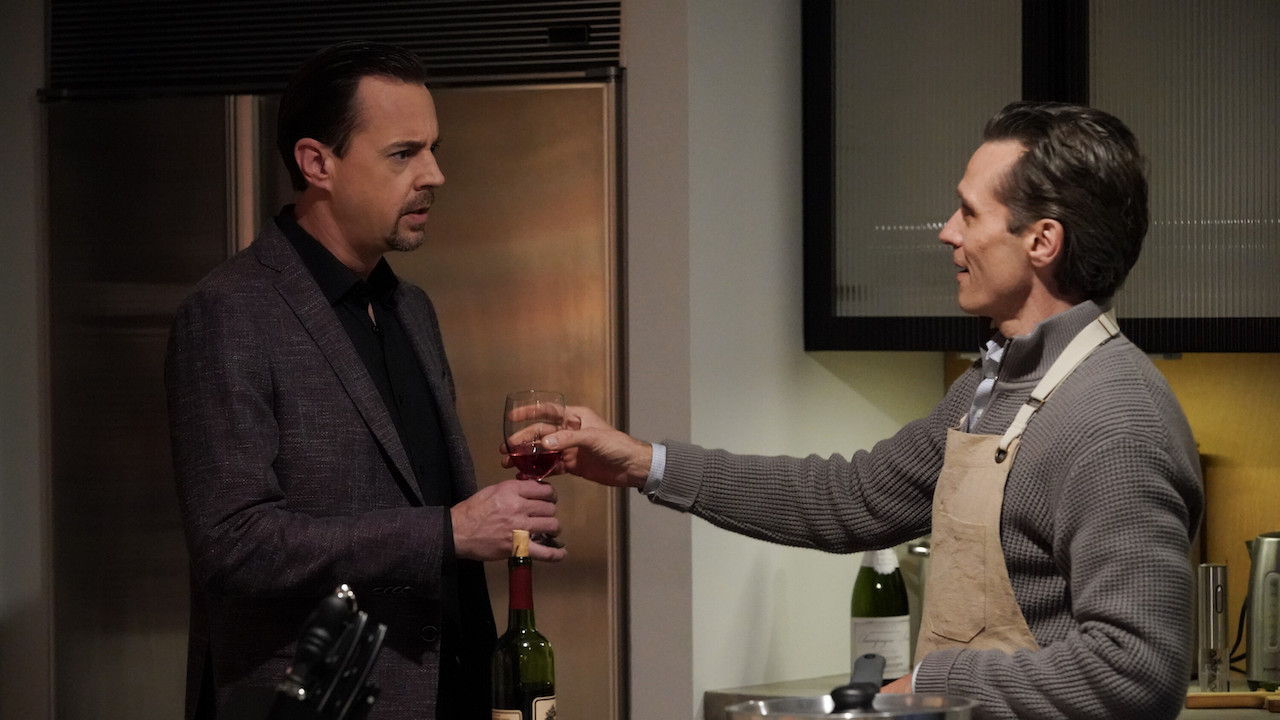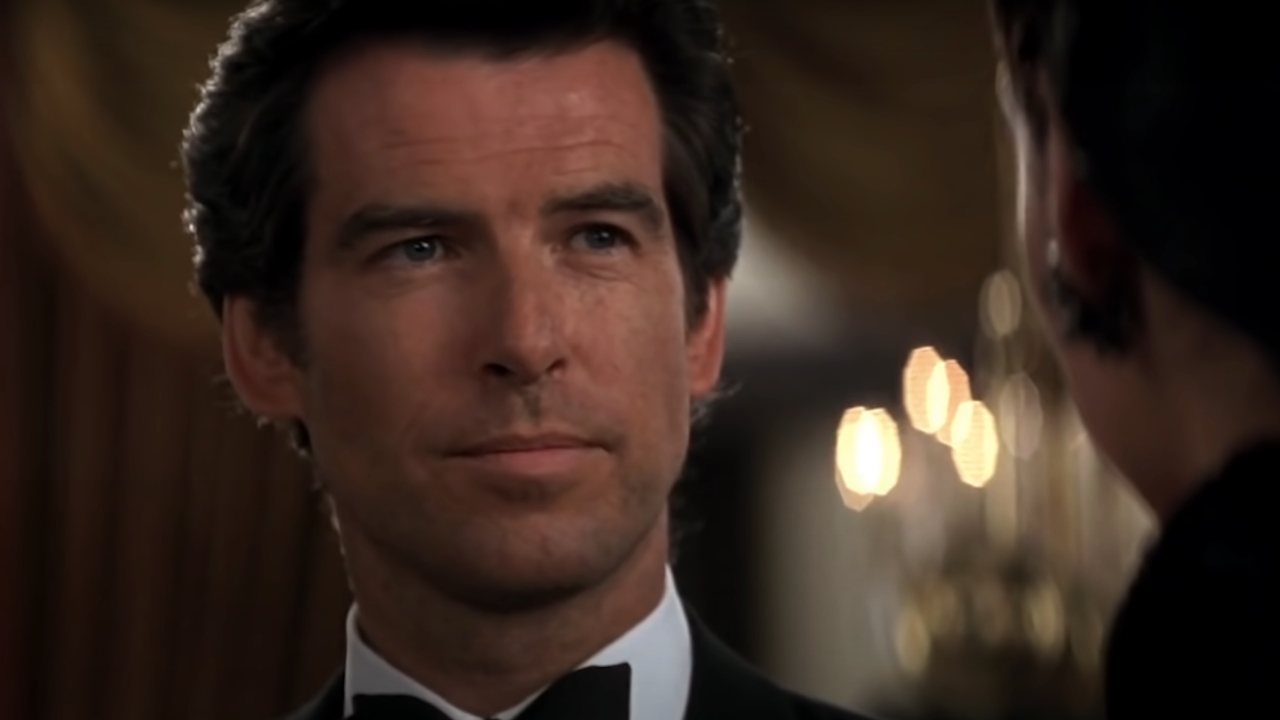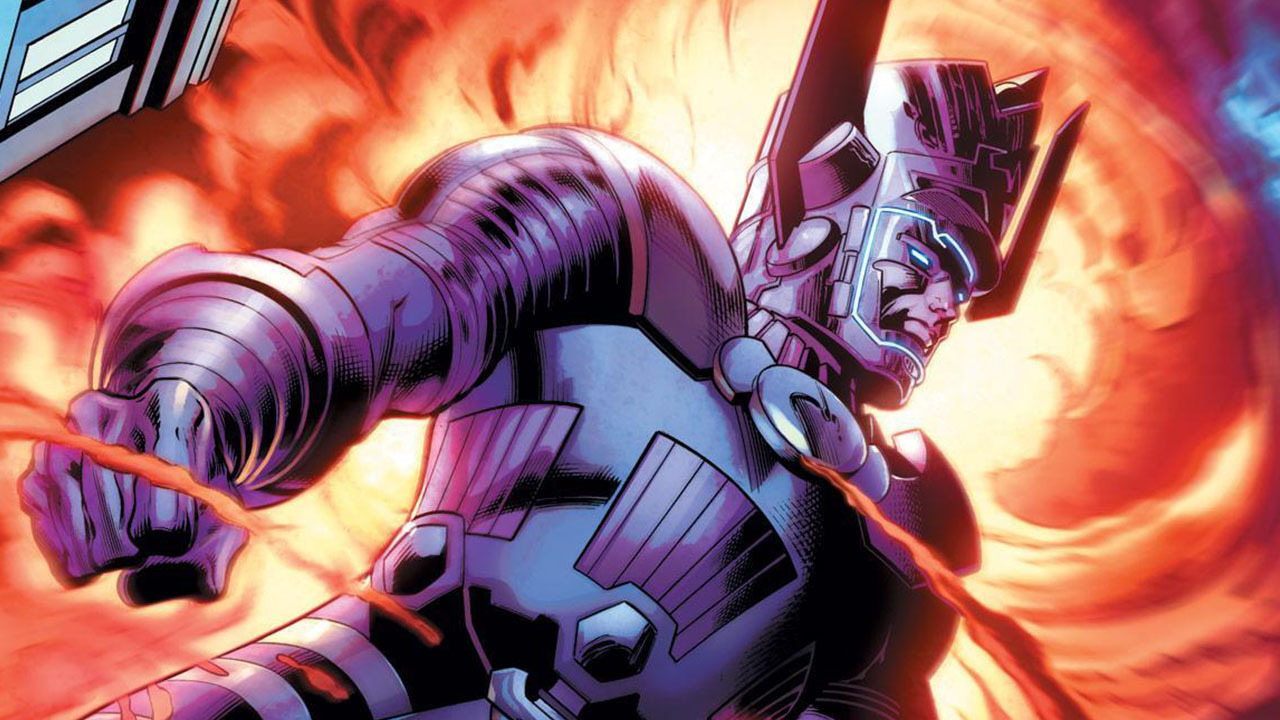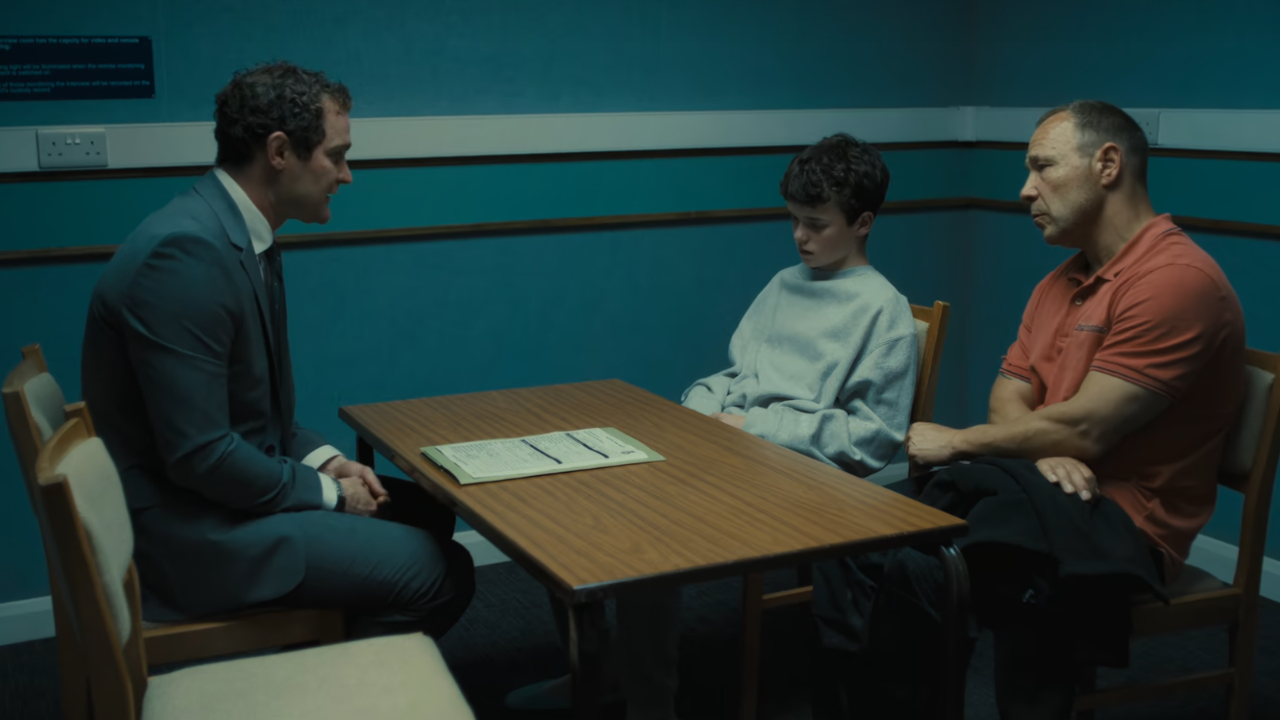Scarlett Johansson’s Black Widow Lawsuit Wasn’t The Only Time She Had To Restructure A Movie Payout
Scarlett Johansson didn't need to file a lawsuit to get a new deal this time.
Making movies in the era of a global pandemic is a constantly moving target. Between the state of the actual pandemic and the various rules and regulations that vary throughout the world in regards to that pandemic, figuring out how to release a movie still has no easy answer. It even led to lawsuits when Scarlett Johansson filed a one against Disney following the release of Black Widow. Eventually a new deal was struck and the two sides came to terms, and it turns out something similar happened with the release of Sing 2 though without an actual lawsuit.
When Black Widow was released last summer, it was done as a dual release, with the movie opening in theaters and as a Premiere Access title on Disney+ at the same time. Eventually Scarlett Johansson sued due to the fact that a large portion of her compensation was tied up in the movie’s box office success, and the streaming release damaged those receipts. Universal likely wanted to avoid such issues, which is why they restructured the deals for the Sing 2 voice cast, despite the fact that the movie still got a dedicated theatrical release.
According to Puck, Universal Pictures, which distributed Sing 2, restructured the compensation packages for Sing 2’s voice cast, including Scarlett Johansson, Reese Witherspoon, and Matthew McConaughey. It’s something that, perhaps technically, didn’t even need to be done, since Sing 2 did get a standalone theatrical release, However, that exclusivity only lasted about 17 days. At that point the movie was released on VOD platforms, although it was being made available at a $25 rental, which was a bit higher than comparable movies at the time.
A lot of film productions balance their books by offering stars and other major players a percentage of profits rather than a big fee up front. It’s a way to make sure that the talent deals don’t eat the entire film budget. Over the last two years we've seen several movies have to renegotiate the deals when movies either didn’t get a theatrical release at all, or had it alternated enough that the original deal no longer made sense.
The Black Widow situation was an unusual one because, based on what was being said in the press, it seemed that there was little to no discussion before Black Widow’s release about restructuring the deal for Scarlett Johansson. This led the actress to file her lawsuit, which was eventually settled out of court.
Universal may simply have decided that making a new deal was better than running the risk of dealing with a potential lawsuit. Generally speaking, Disney didn’t end up looking great in that whole exchange.
And now the toothpaste is out of the tube and it's unclear if we’ll ever really go back to the old model. If nothing else, shortened theatrical windows do appear to now be the new normal. And if that does impact the box office, the people who relied on those numbers will need new deals.
CINEMABLEND NEWSLETTER
Your Daily Blend of Entertainment News

CinemaBlend’s resident theme park junkie and amateur Disney historian, Dirk began writing for CinemaBlend as a freelancer in 2015 before joining the site full-time in 2018. He has previously held positions as a Staff Writer and Games Editor, but has more recently transformed his true passion into his job as the head of the site's Theme Park section. He has previously done freelance work for various gaming and technology sites. Prior to starting his second career as a writer he worked for 12 years in sales for various companies within the consumer electronics industry. He has a degree in political science from the University of California, Davis. Is an armchair Imagineer, Epcot Stan, Future Club 33 Member.
The Fantastic Four: First Steps Director Thankfully Didn't Rely Solely On Motion-Capture To Bring Galactus To Life, And I Couldn’t Be Happier With This Approach
I Think The New Thunderbolts Popcorn Buckets Are Fine, But This Fan Art Using Bucky's Arm As The Container Would Have Been A+
